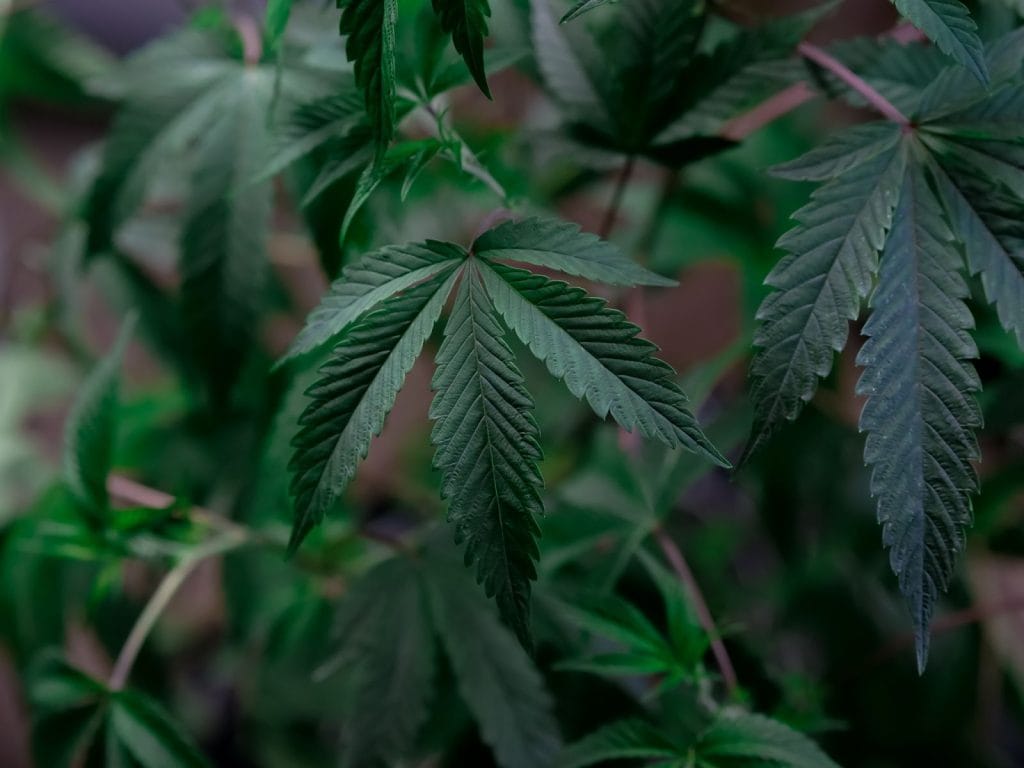Pennsylvania has emerged as a key player in the ever-expanding medical marijuana industry. With progressive legislation, a growing number of dispensaries, and a burgeoning patient base, the state is quickly becoming a hotbed for medical cannabis.This article delves into the factors contributing to the success of Pennsylvania’s medical marijuana industry, the challenges it faces, and the impact it has on patients and society as a whole.

The Legal Framework
Pennsylvania’s journey into the medical marijuana industry began in 2016 when the state legislature passed Act 16, also known as the Medical Marijuana Program.This landmark legislation legalized the use of medical marijuana for patients suffering from qualifying medical conditions.This law provides a robust framework for licensing growers, processors, and dispensaries, creating a well-regulated system that prioritizes public safety.
A Booming Patient Base
Since the inception of the Medical Marijuana Program, Pennsylvania has experienced a remarkable surge in registered patients. People with serious medical conditions, such as chronic pain, PTSD, epilepsy, and multiple sclerosis, have found relief through medical cannabis treatments. The accessibility and effectiveness of marijuana-based therapies have driven thousands of patients to seek certification for medical marijuana use. If you’re interested, Elevate Holistics can help you obtain your medical card.
Dispensaries: A Growing Industry
The state’s medical marijuana program has paved the way for a flourishing dispensary industry. Dispensaries act as the primary point of contact for patients, providing them with the necessary products and expert advice. Pennsylvania’s Department of Health has implemented strict regulations to ensure that dispensaries are staffed with knowledgeable professionals who can guide patients in selecting the right strains and products for their specific conditions.
Economic Impact
Beyond the benefits to patients, the medical marijuana industry has made significant contributions to Pennsylvania’s economy.The cultivation, production, and sale of medical cannabis have created jobs and generated tax revenue for the state. Moreover, the demand for ancillary services, such as legal and consulting support, has opened up new business opportunities.
Challenges and Regulation
Despite the rapid growth of the medical marijuana industry in Pennsylvania, it is not without challenges. One of the major hurdles is the conflict between state and federal laws. Marijuana is still classified as a Schedule I controlled substance by the federal government, hindering interstate commerce and access to banking services for marijuana businesses.
Medical Research and Advancements
Pennsylvania’s medical marijuana industry has also stimulated new research and medical advancements. With more patients gaining legal access to medical cannabis, researchers and medical professionals have been able to study its potential benefits and risks more extensively. This has led to a better understanding of how marijuana can be utilized effectively in medical treatments.
Impact on Public Health
The proliferation of medical marijuana in Pennsylvania has also sparked debates about its impact on public health. Critics argue that easier access to marijuana may lead to misuse and addiction, particularly among younger populations. However, proponents of the industry point to studies showing a reduction in opioid use cases and overdoses in states with medical marijuana programs.
Social Stigma and Awareness
Despite the legal status of medical marijuana, the social stigma surrounding its use persists. Many patients face discrimination and misunderstanding from friends, family, and employers due to their participation in this program. Raising awareness and educating the public about the benefits of medical cannabis remain critical tasks for the industry.
Sustainability and Environmental Concerns
As the medical marijuana industry continues to expand, it must address sustainability and environmental impact. The cultivation and production processes can consume significant resources, including water and energy. Implementing eco-friendly practices and embracing renewable sources are essential steps for the industry’s future growth.
Ensuring Quality and Safety
Ensuring the quality and safety of medical marijuana products is of paramount importance. Stringent testing and quality control measures are in place to safeguard patients from contaminated or ineffective products. The industry must remain vigilant in upholding these standards to maintain its credibility and gain the trust of the public and medical professionals.
Banking and Financial Challenges
Due to federal restrictions, many financial institutions are reluctant to provide banking services to marijuana-related businesses. As a result, this industry faces significant hurdles in managing transactions and accessing traditional banking facilities. Addressing this issue is crucial for fostering a stable and sustainable industry.
Conclusion
Pennsylvania’s medical marijuana industry has experienced remarkable growth since the passage of Act 16. With a vast and ever-increasing patient base, a flourishing dispensary network, and a positive economic impact, the state has positioned itself as a key player in the medical cannabis sector. However, challenges related to federal regulations, public perception, and sustainability must be overcome to ensure the industry’s continued success.
This article is a piece of sponsored content. Reefertilizer will occasional have guests posts from other websites and companies. We are very selective with who we work with so that we can provide only high quality content to our audience.
